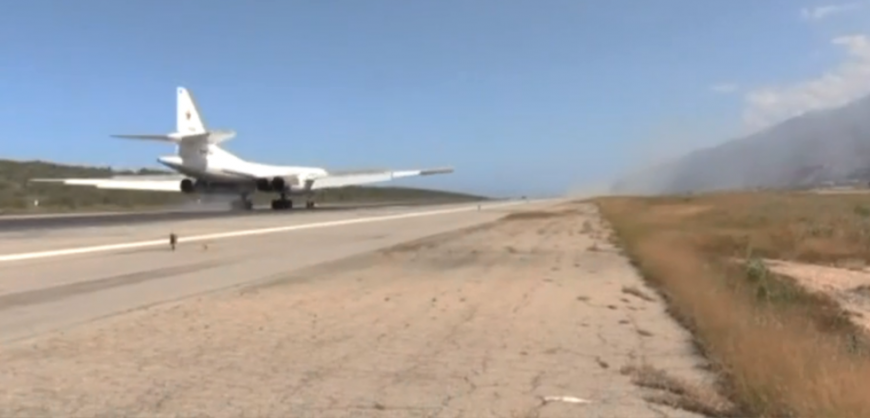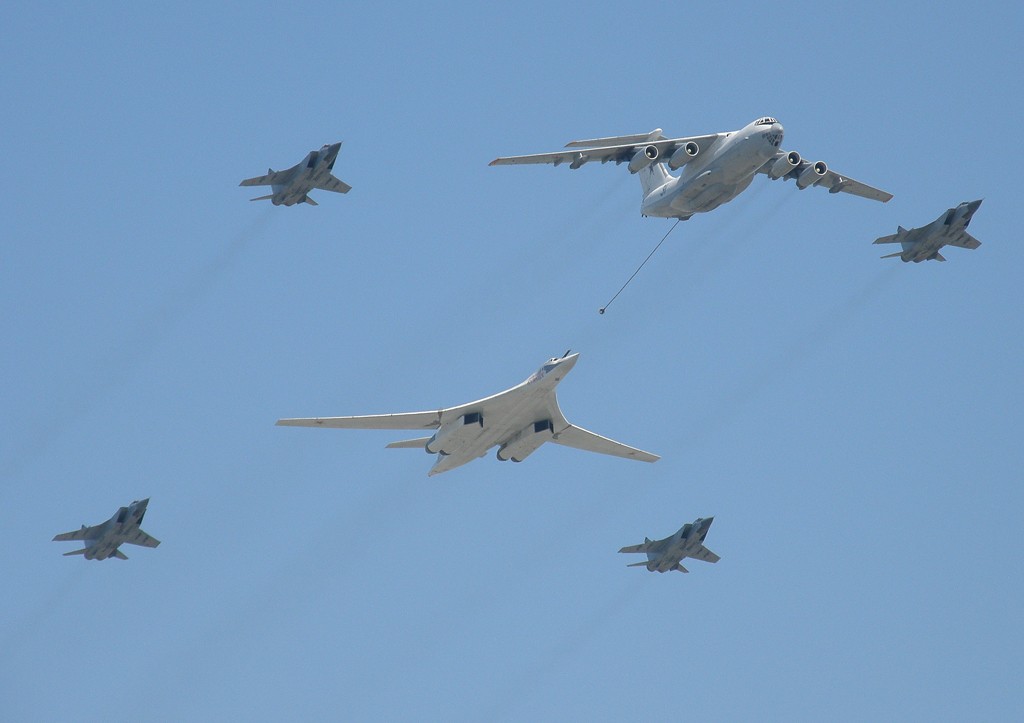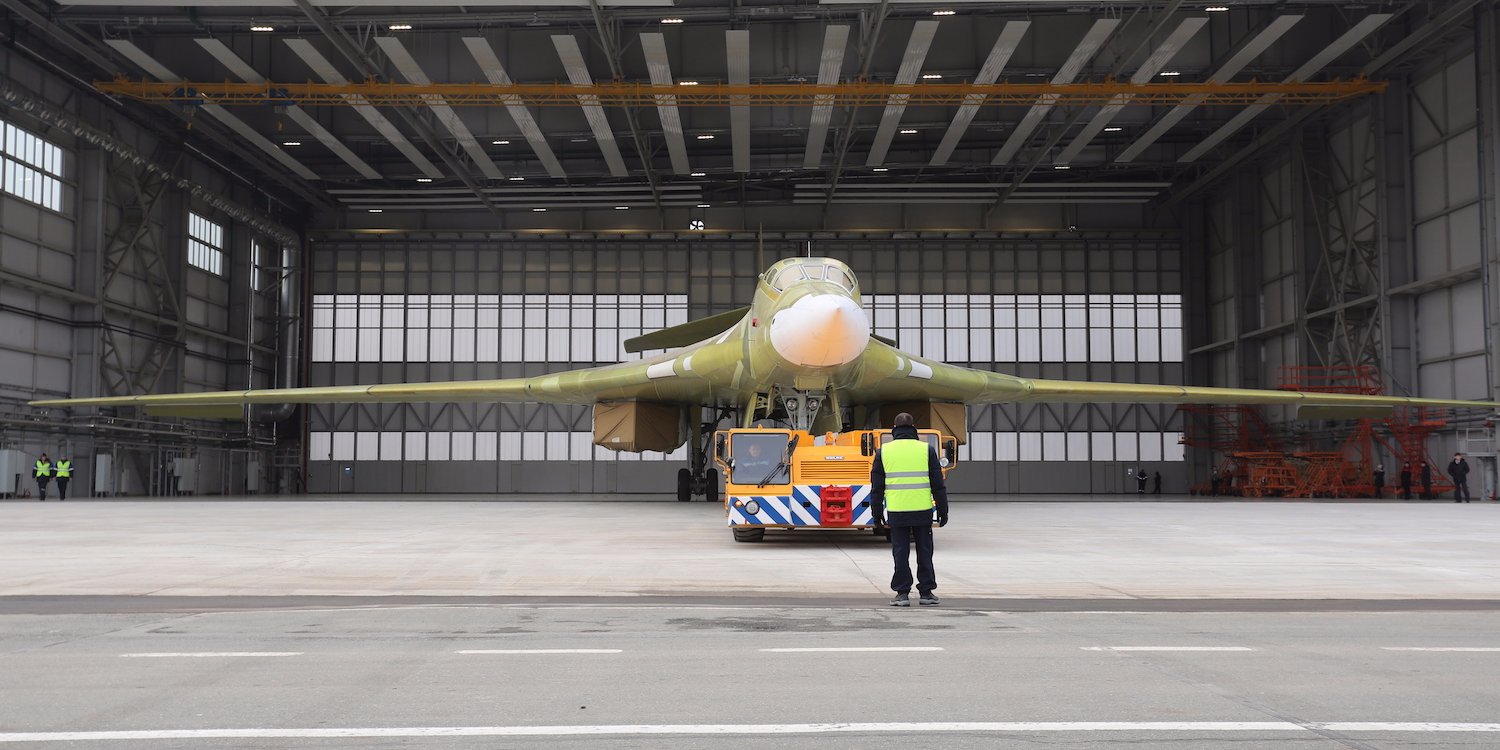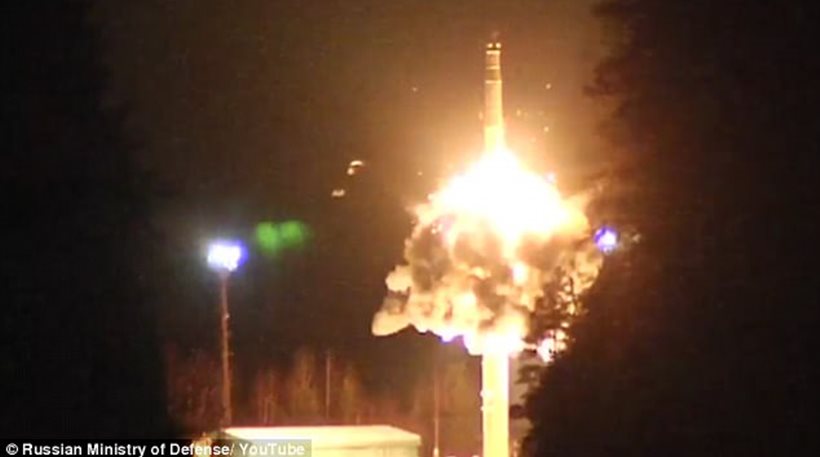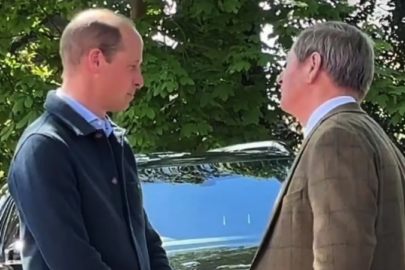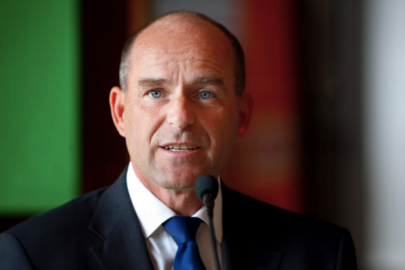As Washington is determined to leave the landmark INF Treaty, it seems Moscow is looking for a response. Russian media has cited diplomatic sources as saying that Moscow is eyeing a strategic air base off Venezuela’s coast.
The arrival of two Russian Tu-160 strategic bombers to Venezuela earlier this month has provoked a nervous reaction from Washington and led to a brief heated exchange between the US and Russian officials. This might have been a prelude to a more ambitious endeavor, Russia’s Nezavisimaya Gazeta (NG) daily revealed, citing military and diplomatic sources.
Two Russian strategic nuclear-capable bombers TU 160 crossed Atlantic (non-stop 13h flight) and landed in #Venezuela. What for?
Details on @RT_com pic.twitter.com/H0nWtww71f
— Maria Finoshina (@MFinoshina_RT) December 11, 2018
Sources told the paper that Moscow seeks to create a semi-permanent base for the Russian long-range aviation on one of Venezuela’s islands in the Caribbean Sea as it prepares for “long-time military presence” in the US ‘backyard’.
The base was allegedly planned to be established on the Orchila Island located in the Caribbean Sea some 160 kilometers away from the Venezuelan capital of Caracas. The isle hosts a Venezuelan airfield and a Navy base and was already visited by the Russian military ten years ago. The late Venezuelan leader Hugo Chavez even offered Russia to set up an air base there back in 2008, the NG reported, adding that Moscow hesitated to make such a decision at that time.
Oops, they did it again.#Russia strategic bombers TU-160 ‘white swans’ in the skies over international waters of the Caribbean de nouveau.
What is all this about?
Explaining on @RT_com pic.twitter.com/rO6QjxyxuG
— Maria Finoshina (@MFinoshina_RT) December 12, 2018
Ten years on relations between Russia and the US are at their arguably lowest point since the Cold War. Washington is seeking to withdraw from key arms control agreements, including the Intermediate-Range Nuclear Forces Treaty (INF), which bans all short and mid-range ballistic missiles. The US plans provoked a strong reaction from Moscow, saying it would ‘take measures’ if any new American missiles threatening its security are placed in Europe.
Path to stability or crisis?
An airbase in Venezuela capable of hosting the Russian strategic nuclear-capable long-range bombers might well be one of such retaliation measures, experts believe. “It cannot be ruled out that if all the agreements [under the INF Treaty] are disrupted we will have to take both symmetric and asymmetric steps to ensure stability,” Andrey Koshkin, the head of the chair of sociology and political sciences at the Russian Plekhanov University of Economics, told RT, adding that such a base would be a good option in this regard.
Source: rt

